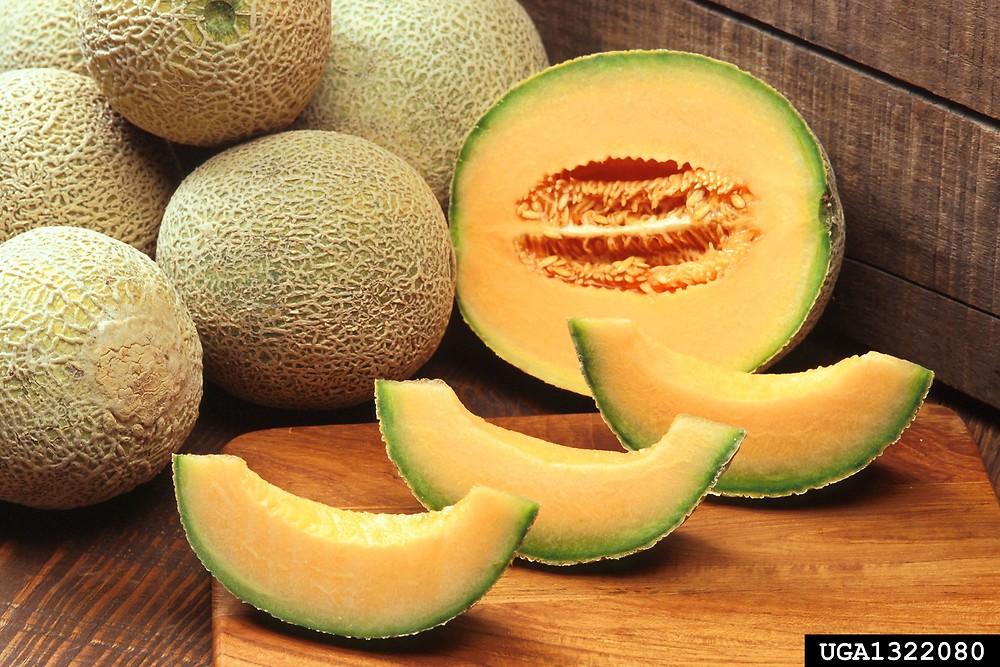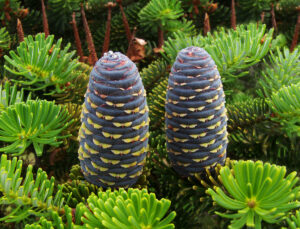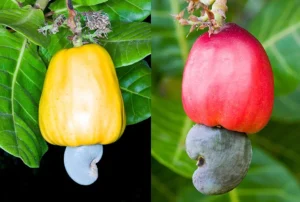This fruit has hydrating, cooling, and diuretic properties. It supports digestive health, helps detoxify the kidneys, and its high-water content makes it ideal for managing heatstroke and dehydration.
Cucumis melo L., commonly known as melon or cantaloupe, has diverse uses, including culinary applications, traditional medicine, and potential for extracting bioactive compounds. Its seeds are also a potential source of oil.
Culinary Uses:
- Melons are widely consumed as a fruit, enjoyed raw or in various dishes.
- Cucamelons (small, cucumber-shaped melons) can be eaten whole or sliced, and are often used raw, similar to cucumbers.
- Some varieties, like “kachri” or wild melon, are used in curries, chutneys, and even as a meat tenderizer.
- Melon seeds are also edible and can be added to salads or eaten as a snack.
Traditional Medicine:
- Melon has been used in traditional medicine systems to treat various ailments, including cardiovascular diseases, diabetes, and edema.
- It possesses various medicinal properties, such as anti-inflammatory, antioxidant, and diuretic effects.
- Some varieties, like the “Carosello leccese,” have been studied for their potential to enhance health due to their high potassium content, low sugar content, and lack of cucurbitacin, a compound responsible for the bitter taste in cucumbers.
- Melon is also used as a cooling agent for skin and for first-aid treatment of burns and abrasions.
Other Uses:
- Melon seeds can be a source of oil.
- By-products like peels and seeds can be used to extract bioactive compounds.
- Cucumis melo is a plant with potential for antifertility activity.




